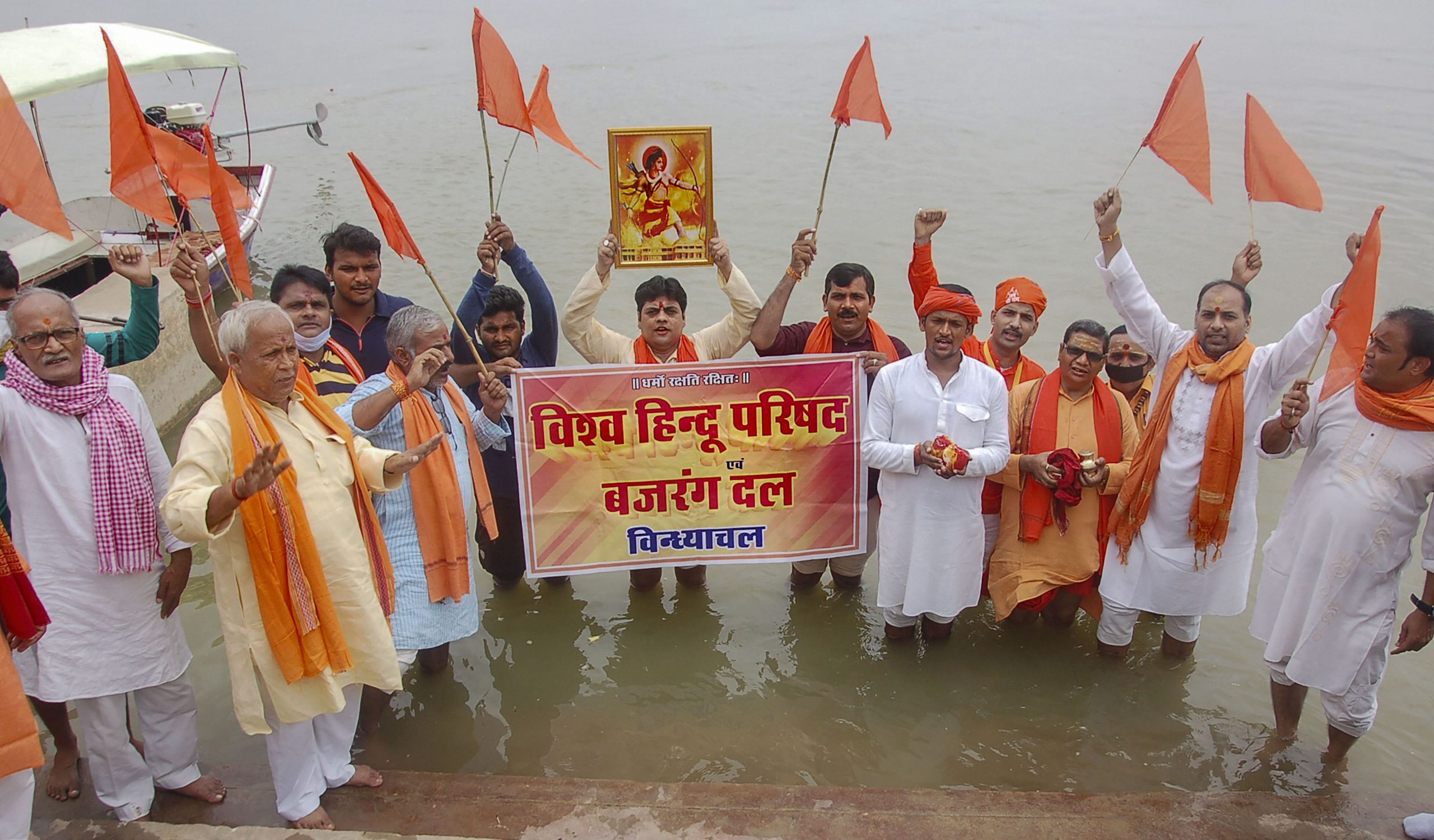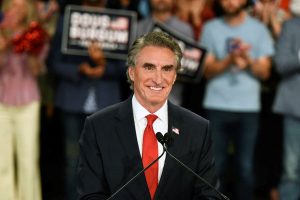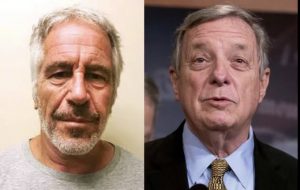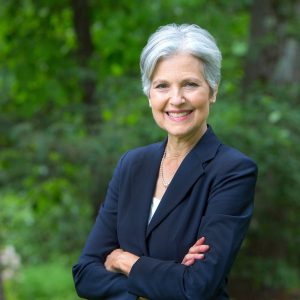Social media giant Facebook didn’t ban the extremist Hindu organisation, Bajrang Dal, as it would have endangered its business prospects and its staff in India, The Wall Street Journal (WSJ) reported on Sunday. The move would also have infuriated India’s ruling politicians, the report stated.
Bajrang Dal is the youth wing of Vishwa Hindu Parishad, the group affiliated to the Rashtriya Swayamsevak Sangh (RSS).
Also read: ‘I am not on Facebook’, says BJP MLA Raja Singh after being banned for hate speech
The newspaper had in August reported that Facebook turned a blind eye to hate speech by a member of the ruling Bhartiya Janata Party (BJP) to protect its business interests.
In its latest report, the WSJ cited a video posted in June that showed Bajrang Dal claiming responsibility for an attack on a church outside the capital New Delhi. The group installed a Hindu idol at the church, claiming it was built atop a Hindu temple. It has been watched almost 250,000 times and was taken down following the newspaper’s queries over it.
The video was posted by Jeet Vashisth, who in an interview said he is a district president for Bajrang Dal.
As per the report, Facebook’s safety team earlier this year concluded that the group supported violence against minorities and qualified as a ‘dangerous organisation.’
Not only is India its largest market, but Facebook also has staff on the ground, at its five offices in the country.
“Besides risking infuriating India’s ruling Hindu nationalist politicians, banning Bajrang Dal might precipitate physical attacks against Facebook personnel or facilities,” WSJ reported quoting Facebook’s internal report.
Not just Bajrang Dal, Facebook’s security team also issued warnings about risks from banishing two other right-wing Hindu nationalist groups active on the platform: Sanatan Sanstha and Sri Ram Sena, the newspaper reported quoting people familiar with the matter.
Also read: Hate content: Facebook’s Oversight Board takes up case from India
Also, Facebook’s human-rights staff have internally designated India as a ‘Tier One’ country. This places it alongside Myanmar, Sri Lanka and Pakistan, which are countries at the highest risk of societal violence, who thus require heightened efforts by the company to protect vulnerable populations.







